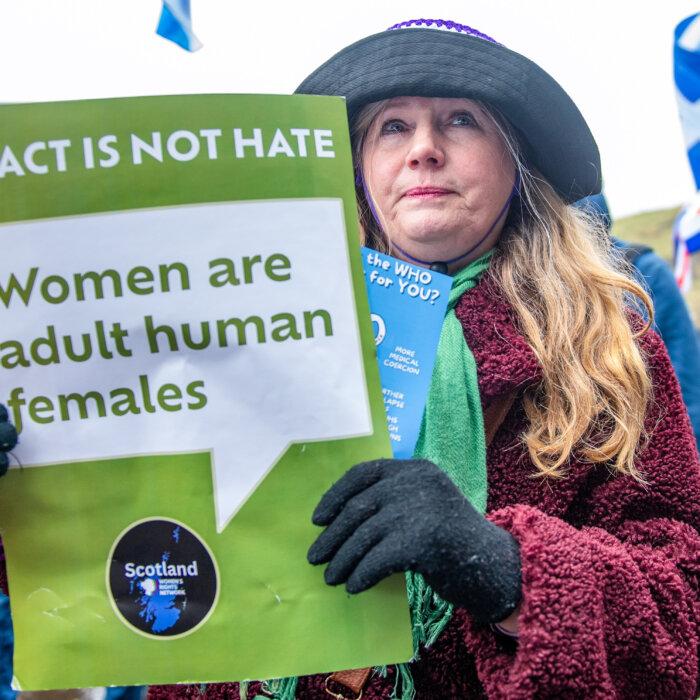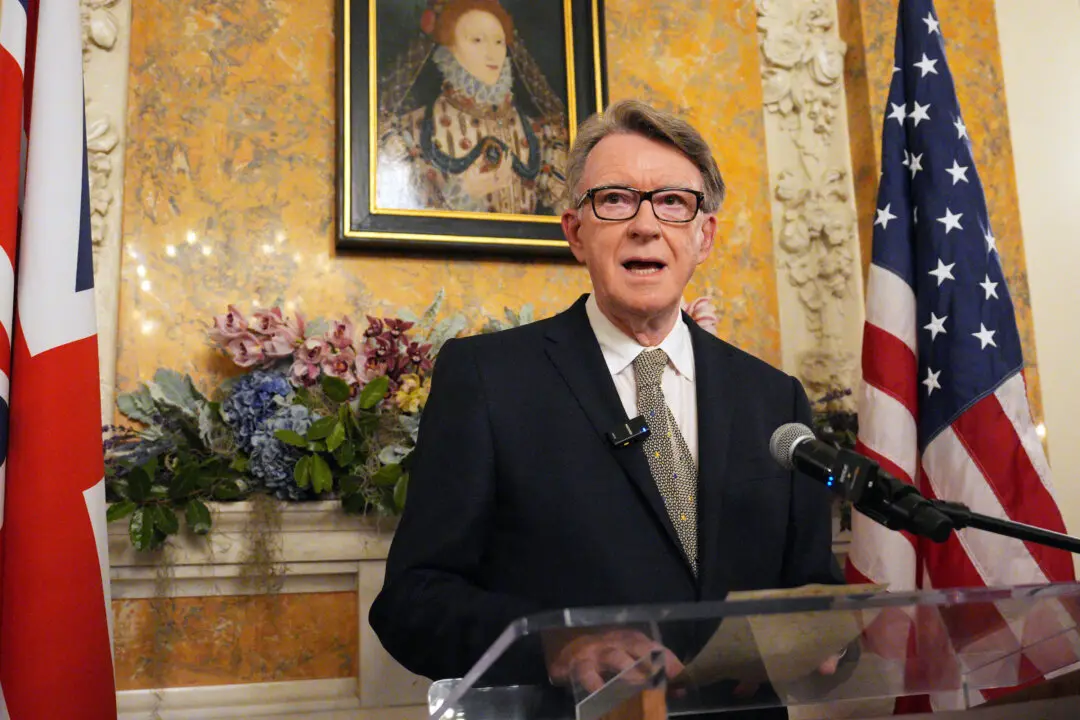Thousands of former and current Next employees have won a landmark equal pay claim against the high street retailer after a six-year legal battle, potentially opening the floodgates for similar cases.
An employment tribunal involving 3,540 claimants has ruled that Next failed to demonstrate that the lower basic wage paid to sales assistants compared with warehouse operatives was not the result of sex discrimination.
The court heard that between 2012 and 2023, the period examined by the tribunal, 77.5 percent of shop workers at the fashion and homeware retailer were female, while 52.75 percent of warehouse operators were male.
Retailer Argued ‘Market Rate’ Was Different
Next argued that it paid workers differently in the two roles because the “market rate” for a retail worker was lower than that of a warehouse operator, and that it was to ensure the “viability” of their business.The tribunal accepted the discrepancy in pay between the roles was not because of “direct discrimination,“ including the “conscious or subconscious influence of gender” on pay rate decisions, and was instead driven by efforts to “reduce cost and enhance profit.”
Next reported annual pre-tax profits of £918 million in 2023.
The ruling said that “business need was not sufficiently great as to overcome the discriminatory effect of lower basic pay,” and that “there must usually be a more compelling business reason for such arrangements to be justifiable.”
In a statement, Next said it intends to appeal against the ruling, while some commentators and politicians raised concerns about the government effectively telling businesses what rates they had to pay employees.
‘Hugely Significant’
Elizabeth George, the barrister representing the successful claimants, said the ruling was “hugely significant” and the case was “exactly the type of pay discrimination that equal pay legislation was intended to address.”She added: “When you have female-dominated jobs being paid less than male-dominated jobs and the work is equal, employers cannot pay women less simply by pointing to the market and saying it is the going rate for the jobs. We knew that already.
“The Employment Tribunal has confirmed employers must go further to justify paying the different rates.
“They rightly found that Next could have afforded to pay a higher rate but chose not to and that the reason for that was purely financial.”
George added that the financial compensation the workers will now receive should not be regarded as a “windfall,” because it is pay they were entitled to if Next had complied with its equal pay obligations.
Helen Scarsbrook, 68, from Eastleigh near Southampton, who has worked for Next for more than 20 years and was one of three named claimants representing all the sales assistants in the claim, said customer service was “demanding” and often “undervalued.”
In a statement issued through Leigh Day, she said, “It has been a long six years battling for the equal pay we all felt we rightly deserved but today we can say we won.”
In a statement, Next said: “The tribunal rejected the majority of the claims made by the claimants, in particular all claims of direct discrimination, and all aspects of the claims made in respect of bonus pay.
“In respect of the specific terms in which the claim succeeded, it is our intention to appeal.
“This is the first equal pay group action in the private sector to reach a decision at tribunal level and raises a number of important points of legal principle.”
Next operates 466 stores in the UK and employs 22,873 sales consultants, according to the tribunal ruling.
Next’s share price was down by almost 1 percent on Tuesday afternoon, following the ruling.







